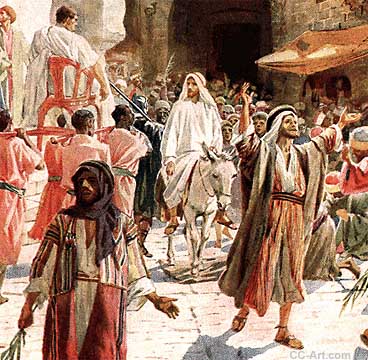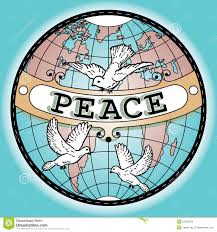 Memory… Memories…
Memory… Memories…
Personal… Shared… Cherished… Sometimes surprising… Precious…
Our memory is an important part of ourselves.
It can bring back to us forgotten experiences.
It can recapture the sights and sounds of long-past events.
It can place before our mind’s eye the faces of loved ones.
At times, some people will tell us: “Remember me tomorrow; I have an appointment with the doctor…”
Others will ask: “Think of me, remember I have a job interview next week…”
They may not openly request that we pray for them –
nowadays they will speak more in terms of ‘good vibes’, or ‘positive thoughts’.
What they want, in fact, is that we remain ‘connected’ with them!
Today, Jesus asks us for this: “Do this in memory of me = Remember me…” (Lk.22:19)
People create special days of ‘commemoration’ for special events.
The one that first comes to mind is November 11th called precisely: Remembrance Day.
On that day, we remember those who have given their lives for the freedom of their country
and peace in the world.
We could say that today is indeed: Remembrance Day par excellence –
we remember what God himself, yes, God-made-man, has done for us,
for our liberation, for our lasting peace.

 The first World Television Forum was staged by the United Nations in the mid ’90s, and it was out of this event that World Television Day was born. The forum brought together leading figures from the media industry to analyze the growing impact that TV had on decision-making and public opinion when it comes to issues of peace and security around the planet.
The first World Television Forum was staged by the United Nations in the mid ’90s, and it was out of this event that World Television Day was born. The forum brought together leading figures from the media industry to analyze the growing impact that TV had on decision-making and public opinion when it comes to issues of peace and security around the planet.

 The Universal Negro Improvement Association and African Communities League (UNIA-ACL) is a black nationalist fraternal organization founded by Marcus Mosiah Garvey. The organization enjoyed its greatest strength in the 1920s, prior to Garvey’s deportation from the United States of America, after which its prestige and influence declined.
The Universal Negro Improvement Association and African Communities League (UNIA-ACL) is a black nationalist fraternal organization founded by Marcus Mosiah Garvey. The organization enjoyed its greatest strength in the 1920s, prior to Garvey’s deportation from the United States of America, after which its prestige and influence declined.


